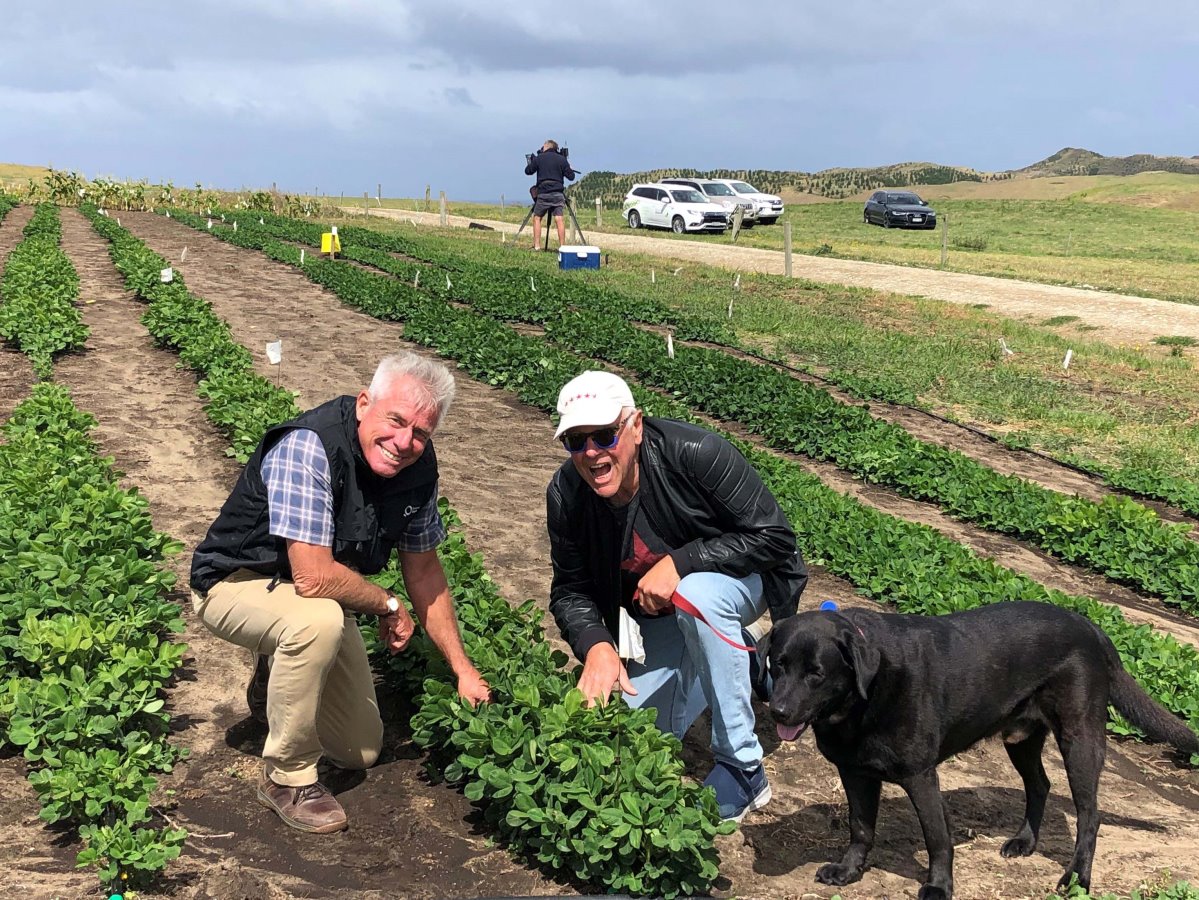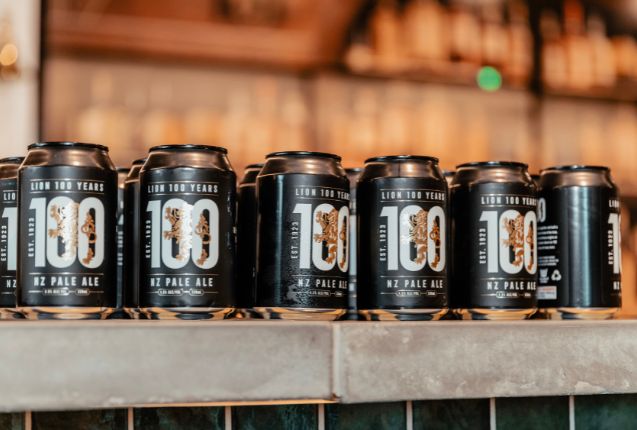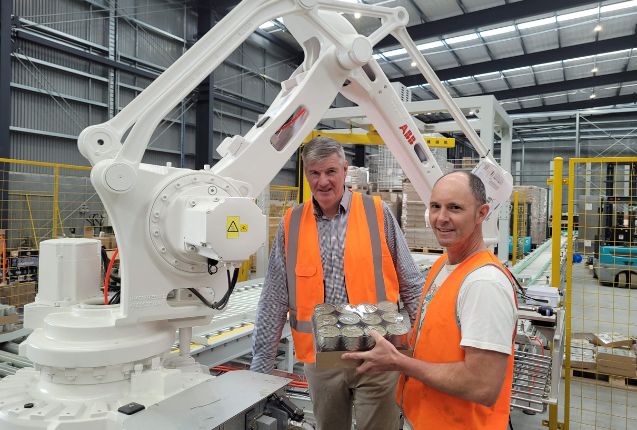Popular New Zealand manufacturer Pic’s Peanut Butter is behind a project that is assessing the feasibility of growing peanuts commercially in Northland.
The Ministry for Primary Industries (MPI) is contributing more than $59,000 through the Sustainable Food & Fibre Futures fund to Picot Productions’ $91,320 project, which could bring new employment opportunities to the Northland region. The project will trial growing peanuts in three locations – Ruawai on a kumara farm, Poutu Peninsular near Dargaville and on Māori land in the Kai Iwi Lakes district.
“We’ve selected three locations with different soil types and environments to see where the peanuts grow best,” says Declan Graham, Business Manager – Science at Plant & Food Research, which is managing the trials.
“A soil temperature of around 18 degrees is ideal, so the window for getting the peanuts in the ground and harvesting them is small.”
Spanish Hi Oleic peanuts, which have smaller kernels and reddish-brown skins, have been identified as the most appropriate cultivar for Northland conditions.
“This type of peanut is most widely used in confectionary and snacks, as well as peanut butter production,” says Graham. “Their high oil content makes them ideal for crushing.”
It has always felt a little weird to be making an iconic New Zealand product with imported ingredients,” says Pic Picot, the company’s owner and founder. “These trials have the potential not only to make a very real difference to our carbon footprint but to redirect the millions of dollars we spend on imported nuts to Northland, easily my second favourite region of New Zealand.”
In 2015, Pic’s “Big Toaster Tour”, en-route from Bluff to North Cape, visited Dargaville, where Pic, his dog Fido and Amy the peanut butter fairy received an unforgettable welcome.
“We were treated like long lost whanau,” says Picot. “We were feted at the Kumara Box, sold every last jar we had at the Friday market, and were presented with two 50-year-old cans of Toheroa Soup. I can think of nothing finer than to help the Northland community establish a new industry.”
MPI Investment Programmes Director Steve Penno says MPI is excited to be involved in a project that could lead to a new industry in New Zealand. “This fits perfectly with SFF Futures’ goal of making a positive and lasting difference. Being able to grow peanuts domestically would be a huge boon, both environmentally and in terms of creating new jobs for New Zealanders.”
Peanuts act as a restorative crop within a crop rotation; helping to reduce nitrogen fertiliser inputs and losses. As almost all New Zealand’s kumara crop is grown in the Kaipara District, crop rotation with peanuts would be highly complementary to kumara production.
Pic’s Peanut Butter currently uses approximately 2,500 tonnes of peanuts each year. Based on Australian farmer returns a yield of four tonnes per hectare could have a gross income of around $5000 per hectare, although it is possible that there could also be a grower premium associated with New Zealand grown peanuts.



